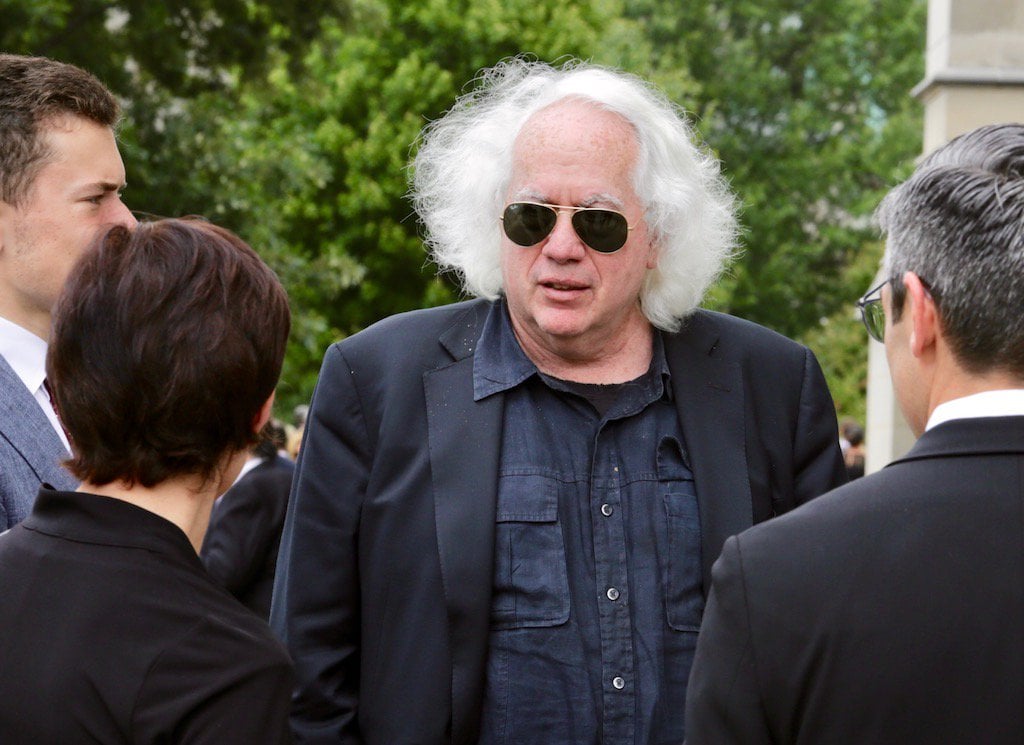The first issue of Leon Wieseltier’s quarterly journal Liberties shipped to subscribers this fall, a publicist for the project says, and it’s now available for purchase in bookstores and online. That means anyone interested in Wieseltier’s redemption project, but not ready to subscribe, can pick up his first “book for the coat pocket” six days before the official start of winter for $19. A subscription costs $45.
Wieseltier’s career went kerblooey during #MeToo, when women who worked with him at The New Republic, where he ruled the “back of the book” for decades, went public with stories about how he “delighted in making young women sexually uncomfortable,” as Michelle Cottle wrote in the Atlantic. His offenses took the form of verbal abuse—comments on coworkers’ bodies and clothes and forcing them to listen to graphic stories about his sex life—as well as bestowing unwanted kisses and touches. In 2017, Sarah Wildman wrote a wrenching piece about what happened after she reported Wieseltier following an incident where he “cornered me, alone by the bathroom, and put his mouth on mine”:
I was hoping, I realize now, to be reassured that the magazine editors valued my input and work enough to be concerned about me. But in the days following my disclosure, I felt entirely alone. No one knocked on my door, though I know now that at least one other editor had some idea of what had happened. I told a couple of my fellow writers, but no one spoke to me much at all. Likely no one knew what to say. Wieseltier was not someone one crossed lightly.
Wieseltier had left the New Republic by the time of his reckoning, walking out amid a staff rebellion in late 2014. After that, he landed a contributing editor gig at the Atlantic, where he cranked out five articles over a year and change, and a senior fellowship at the Brookings Institution, where he wrote four blog posts and appears to have taken part in 11 events. He planned a publication named Idea, to be funded by Laurene Powell Jobs’ Emerson Collective, but that, like the Atlantic and Brookings jobs, was cashiered after he acknowledged his awful behavior and apologized.
It’s unclear what audience the 420-page, image- and ad-free Liberties seeks. It has a meager online presence: Its website hosts none of the journal’s content, and a prompt to “explore this edition” leads to an error page. Perhaps it’s for people who feel Wieseltier has done his time in Cancel Prison, some of whom gave quotes to that effect in a generous portrait of him in Graydon Carter’s new publication Air Mail this summer. Wieseltier told Carter’s son Ash he objected to “The Robespierrian haste with which people’s heads were chopped off before they could say a word” and the fact “that we developed a culture of unforgivingness.”
With Liberties, he said, he hoped to offer “people who don’t belong either to the Sharks or the Jets, as it were, to have a place to publish.” So perhaps it’s not a surprise that 26 percent of Liberties‘ inaugural contributors signed the much–mocked “Letter on Justice and Open Debate” in Harper’s this summer, and one, Thomas Chatterton Williams, led the creation of that document. The idea is “the rehabilitation of liberalism,” and the journal has been funded by people for whom the rehabilitation of Leon Wieseltier may be an added bonus.




















